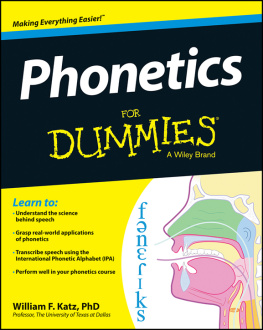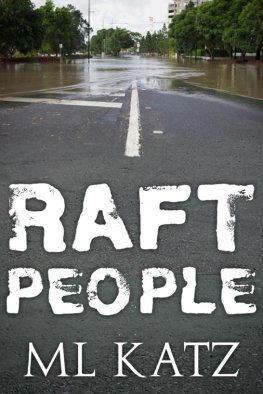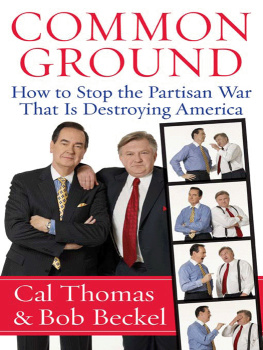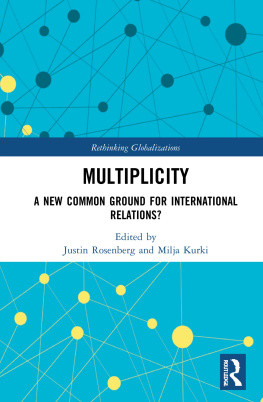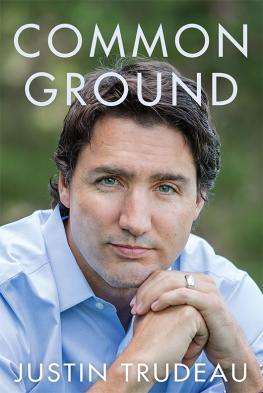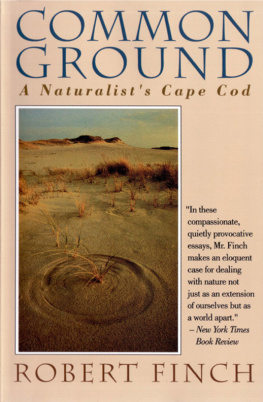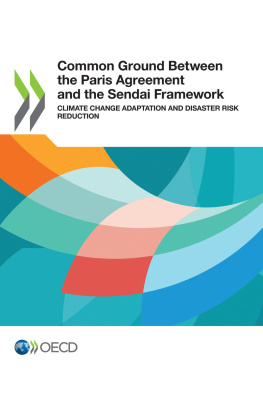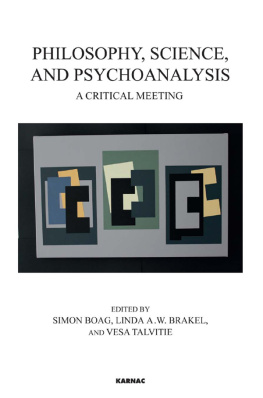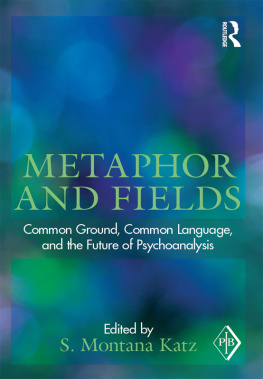METAPHOR AND FIELDS
Metaphor and Fields is an explanation and demonstration of the value of metaphoric processes and fields in psychoanalysis. In this book, S. Montana Katz articulates a future direction for psychoanalysis which is progressively explored, taking into account features essential to psychoanalysts of all persuasions, clinically and theoretically. In this way, psychoanalysis is brought into the postmodern future by fashioning an umbrella for the discipline. With this umbrella, the barriers to mutual understanding may be dismantled and a path permanently forged to the possibility of meaningful international, intercultural, interdisciplinary, and poly-perspectival psychoanalytic exchange.
Metaphor and Fields organically merges work on metaphoric processes with work on fields. The use of a framework with metaphoric processes and fields combined exhibits the uniqueness of psychoanalysis and shows how it explores and explains human experience. The relational fields of the North American school of relational theory, intersubjective matrices, self object matrices, and the ground breaking work of Madeleine and Willy Baranger are all examples of field concepts that have been successfully employed in theoretical frameworks and clinical technique. They show how other schools of thought can be understood as using an implicit field concept.
The chapters in this book approach the subject from diverse vantage points. Taken together, they form an intricate web of psychoanalytic thought that moves the scope of psychoanalysis beyond dispute towards the open, inclusive discussion of core concepts and technique. Metaphor and Fields will be of interest to psychoanalysts, psychiatrists, mental health clinicians, psychologists, social workers, and a wide academic audience drawn from the fields of philosophy, linguistics, comparative literature, anthropology, and sociology.
S. Montana Katz is a training and supervising analyst, and a member of faculty for the National Psychological Association for Psychoanalysis. She is in private practice in New York City.
PSYCHOANALYTIC INQUIRY BOOK SERIES
JOSEPH D. LICHTENBERG
SERIES EDITOR

Like its counterpart, Psychoanalytic Inquiry: A Topical Journal for Mental Health Professionals, the psychoanalytic inquiry Book series presents a diversity of subjects within a diversity of approaches to those subjects. Under the editorship of Joseph lichtenberg, in collaboration with Melvin Bornstein and the editorial board of Psychoanalytic Inquiry, the volumes in this series strike a balance between research, theory, and clinical application. We are honored to have published the works of various innovators in psychoanalysis, such as Frank lachmann, James Fosshage, Robert Stolorow, donna orange, Louis Sander, Lon Wurmser, James Grotstein, Joseph Jones, Doris Brothers, Fredric Busch, and Joseph Lichtenberg, among others.
The series includes books and monographs on mainline psychoanalytic topics, such as sexuality, narcissism, trauma, homosexuality, jealousy, envy, and varied aspects of analytic process and technique. In our efforts to broaden the field of analytic interest, the series has incorporated and embraced innovative discoveries in infant research, self psychology, intersubjectivity, motivational systems, affects as process, responses to cancer, borderline states, contextualism, postmodernism, attachment research and theory, medication, and mentalization. As further investigations in psychoanalysis come to fruition, we seek to present them in readable, easily comprehensible writing.
After 25 years, the core vision of this series remains the investigation, analysis and discussion of developments on the cutting edge of the psychoanalytic field, inspired by a boundless spirit of inquiry.
Vol. 41
Metaphor and Fields: Common Ground,
Common Language and the Future of
Psychoanalysis
S. Montana Katz (ed.)
Vol. 40
Growth and Turbulence in the Container/
Contained: Bion's Continuing Legacy
Howard B. Levine & Lawrence J. Brown
(eds)
Vol. 39
Nothing Good Is Allowed to Stand:
An Integrative View of the
Negative Therapeutic Reaction
Lon Wurmser & Heidrun Jarass (eds)
Vol. 38
Self Experiences in Group, Revisited:
Affective Attachments, Intersubjective
Regulations, and Human Understanding
Irene Harwood, Walter stone, & Malcolm
pines (eds)
Vol. 37
The Abyss of Madness
George E. Atwood
Vol. 36
Manual of Panic Focused Psychodynamic
Psychotherapy - eXtended Range
Fredric N. Busch, Barbara L. Milrod,
Meriamne B. singer, & Andrew C. Aronson
Vol. 35
World, Affectivity, Trauma:
Heidegger and Post-Cartesian Psychoanalysis
Robert D. Stolorow
Vol. 28
Transforming Narcissism:
Refections on Empathy, Humor, and
Expectations
Frank M. Lachmann
Vol. 27
Toward a Psychology of Uncertainty:
Trauma-Centered Psychoanalysis
Doris Brothers
Vol. 26
Living Systems, Evolving Consciousness,
nd the Emerging Person: A Selection of Papers
from the Life Work of Louis Sander
Gherardo Amadei & Ilaria Bianchi (eds)
Vol. 25
Sensuality and Sexuality
across the Divide of Shame
Joseph D. Lichtenberg
Vol. 24
Jealousy and Envy:
New Views about Two Powerful Feelings
Lon Wurmser & Heidrun Jarass (eds)
Vol. 23
Trauma and Human Existence:
Autobiographical, Psychoanalytic,
and Philosophical Refections
Robert D. stolorow
Vol. 22
Psychotherapy and Medication: The Challenge
of Integration
Fredric N. Busch & Larry S. Sandberg
Vol. 13
Self and Motivational Systems:
Toward a Theory of Psychoanalytic Technique
Joseph D. Lichtenberg, Frank M.
Lachmann, & James L. Fosshage
Vol. 12
Contexts of Being:
The Intersubjective Foundations
of Psychological Life
Robert D. Stolorow & George E. Atwood
Vol. 10
Psychoanalysis and Motivation
Joseph D. Lichtenberg
Vol. 8
Psychoanalytic Treatment:
An Intersubjective Approach
Robert D. Stolorow, Bernard Brandchaft, &
George E. Atwood
Vol. 2
Psychoanalysis and Infant Research
Joseph D. Lichtenberg
Out of Print titles in the PI Series
Vol. 15
Understanding Therapeutic Action:
Psychodynamic Concepts of Cure
Lawrence E. Lifson (ed.)
Vol. 11
Cancer Stories: Creativity and Self-Repair
Esther Dreifuss-Kattan
Vol. 9
Female Homosexuality: Choice without
Volition
Elaine V. Siegel | Vol. 34
Change in Psychoanalysis:
An Analyst's Refections on the Therapeutic
Relationship
Chris Jaenicke
Vol. 33
Psychoanalysis and Motivational Systems:
A New Look
Joseph D. Lichtenberg, Frank M.
Lachmann, & James L. Fosshage
Vol. 32
Persons in Context:
The Challenge of Individuality
in Theory and Practice
Roger Frie & William J. Coburn (eds)
Vol. 31
Toward an Emancipatory Psychoanalysis:
Brandchaft's Intersubjective Vision
Bernard Brandchaft, shelley doctors, &
Dorienne sorter
Vol. 30
From Psychoanalytic Narrative to Empirical
Single Case Research: Implications for
Psychoanalytic Practice |

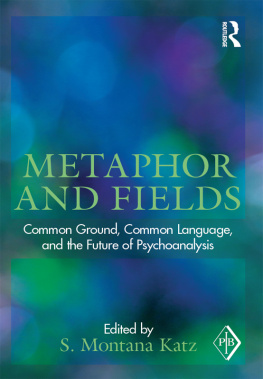
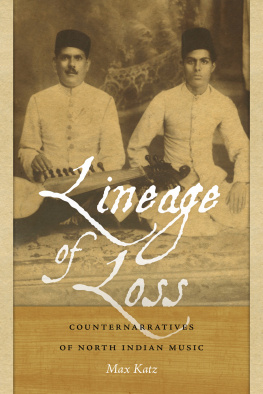

![Katz - Zombie Slayer Box Set, Vol. 1 [Books 1-3]](/uploads/posts/book/141697/thumbs/katz-zombie-slayer-box-set-vol-1-books-1-3.jpg)
